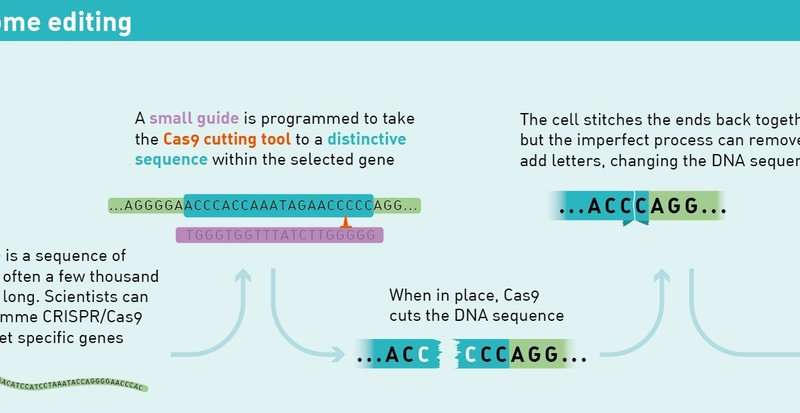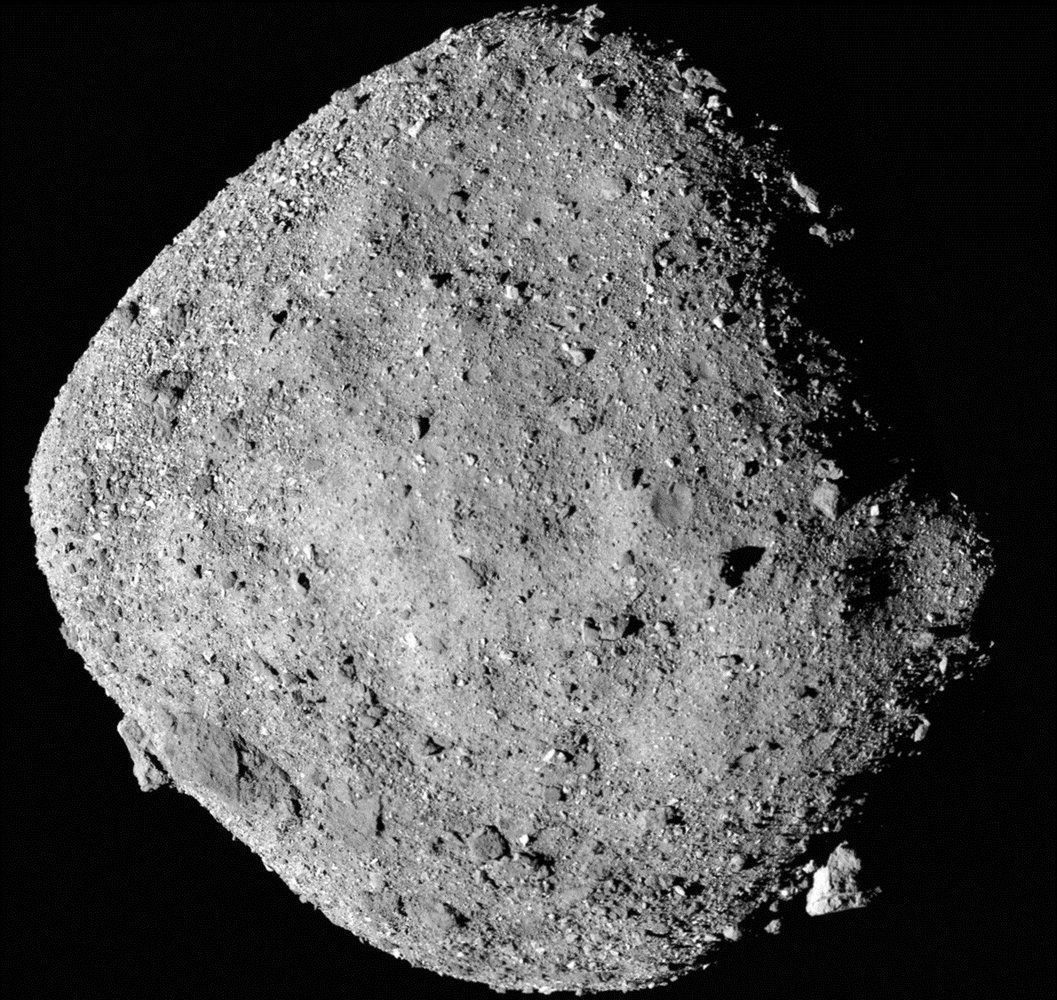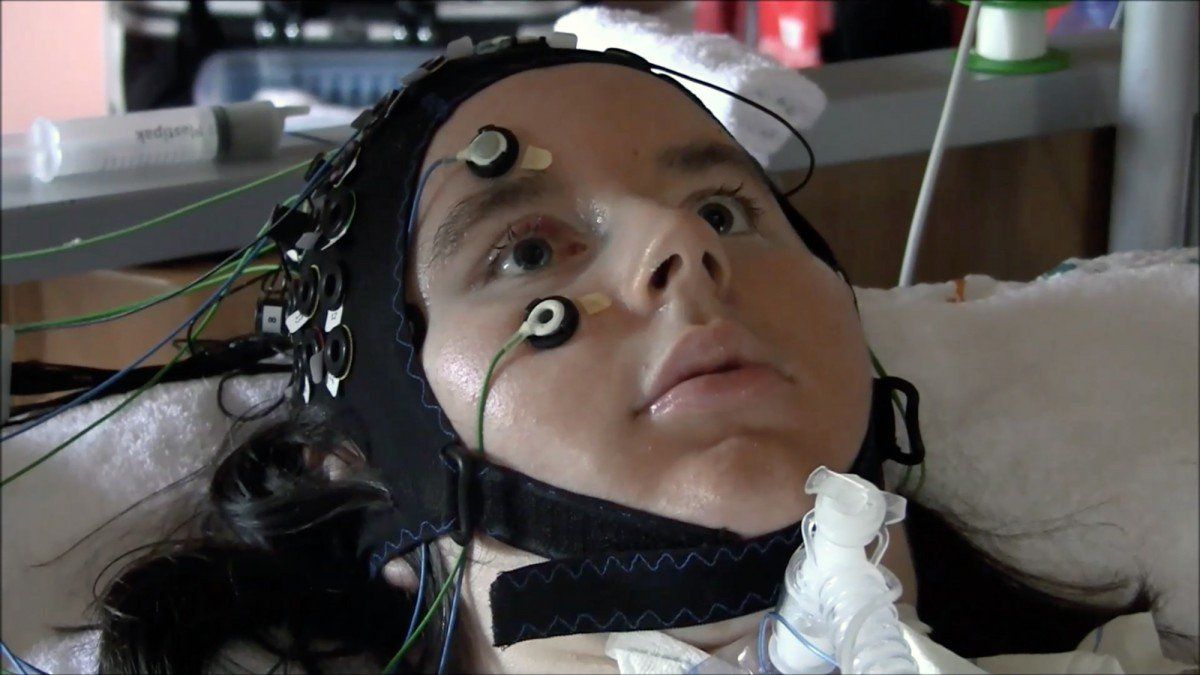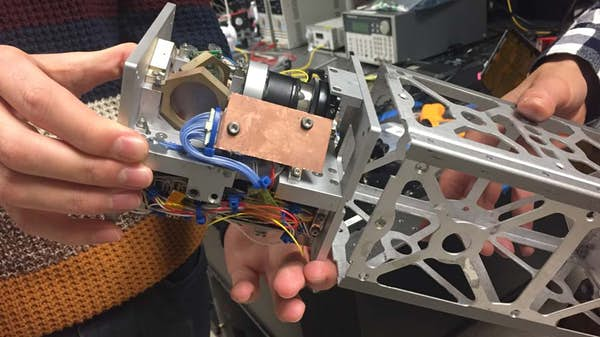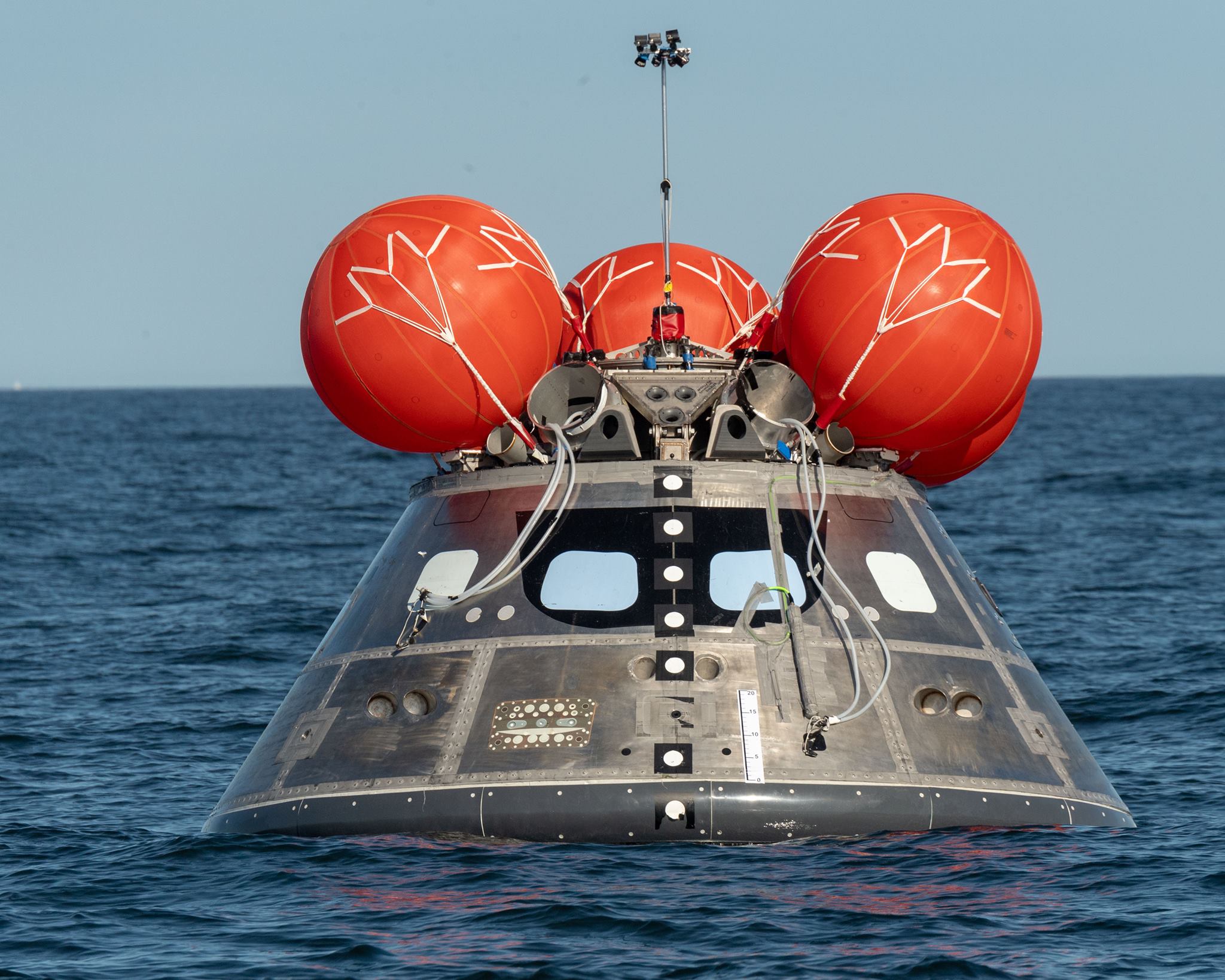Dec 16, 2018
DARPA head on AI dangers: ‘It’s not one of those things that keeps me up at night’
Posted by Derick Lee in categories: military, robotics/AI
“At least in the Defense Department today, we don’t see machines doing anything by themselves,” he said, noting that agency researchers are intensely focused on building “human-machine” partnerships. “I think we’re a long way off from a generalized AI, even in the third wave in what we’re pursuing.”
Artificial intelligence does not yet pose a serious threat to humans, according to the head of the Defense Advanced Research Agency. Though the military is rushing to improve its AI capabilities, DARPA Director Dr. Steven H. Walker said AI remains “a very fragile capability.”

